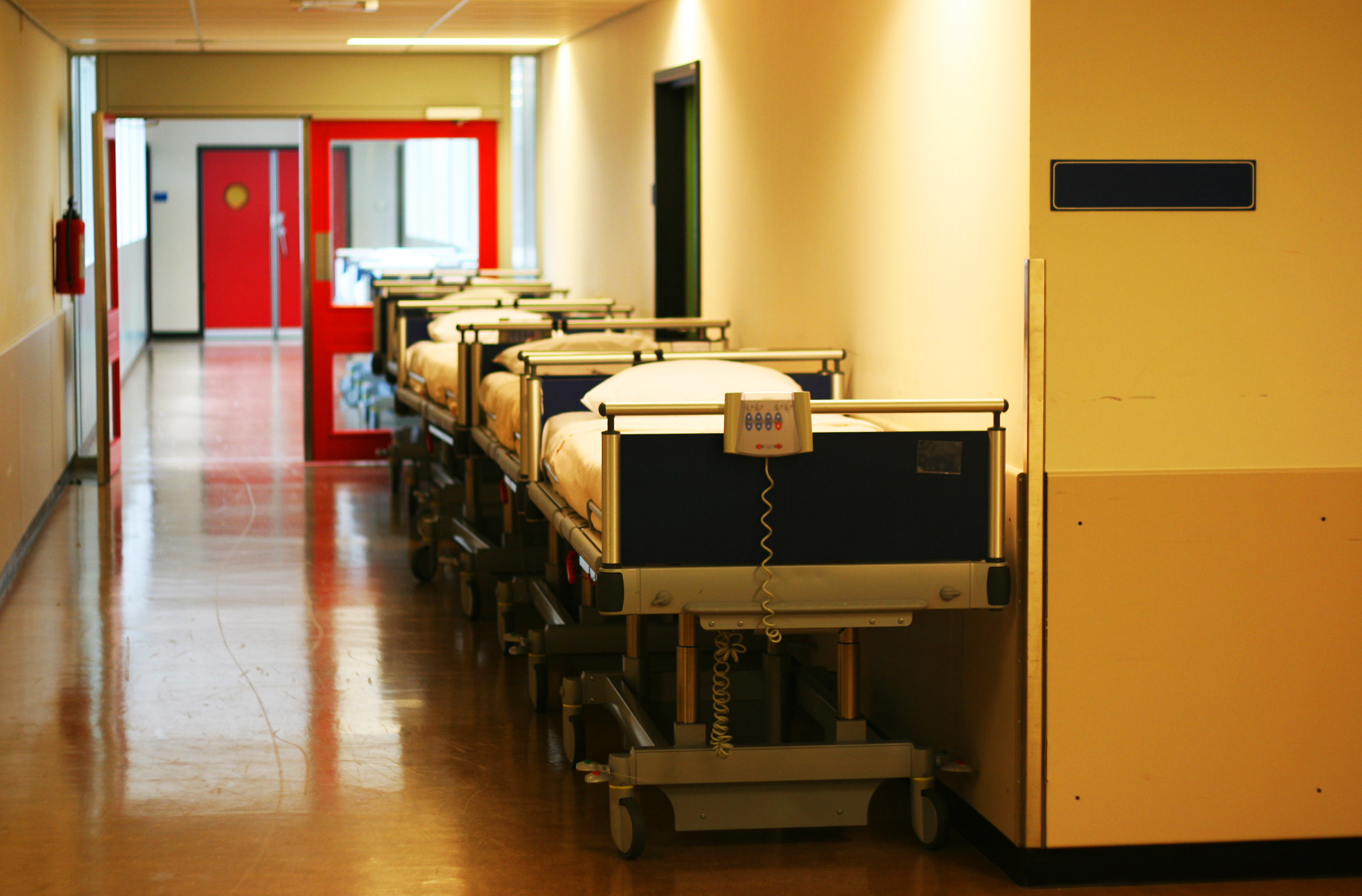Good practice is the 'poorest traveller' in Wales, according to a National Assembly Committee which has been examining how Welsh health organisations are run.
The Public Accounts Committee has been monitoring whether recommendations made in a previous report into the management of Betsi Cadwaladr University Health Board (BCUHB) in 2013 have been adopted across Wales.
The Committee found little evidence that health boards were sharing best practice, or learning from problems experienced by others.
Members also concluded that significant issues remain at BCUHB, which is currently under special measures, raising recent criticisms of the Board, and various calls for Board Members to resign.
The Committee noted the absence of any criticism of the senior managers and suggested where there were weaknesses, senior managers with responsibility should be held to account.
"In publishing our previous reports in the running of BCUHB the Committee hoped that the Welsh Government and health boards would learn lessons from the mistakes made to ensure they don't happen elsewhere," said Darren Millar AM, Chair of the Public Accounts Committee.
"Unfortunately the Committee found that good practice is the poorest traveller in Wales, and that health boards are not sharing their ideas to tackle the significant issues faced by the Welsh NHS.
"We believe that the Welsh Government should do more to capture and share best practice and ensure all health boards have the right tools to deliver the high standards of care the people of Wales deserve."
Healthcare Inpectorate Wales (HIW) also came in for criticism with the Committee concluding that HIW performance for publishing inspection reports promptly and the reasons given for delays are unacceptable.
In 2014-15 only 61% of draft inspection reports were produced within the 3 week target; only 67% of final reports with accompanying action plans were published on the HIW website within the target of 3 months, although performance had improved to around 72% during 2015.
NHS finances have been examined by the Committee before with a total of 24 recommendations accepted by the Welsh Government.
But Members found that health boards are projecting an overspend of more than £142 million for the end of the 2015/16 financial year. Five of the ten organisations are projecting no overspend, and the Committee welcomed Welsh Government confidence that this would be reduced to £50-60 million by April.
However, Members remained concerned that implementation of three year financial planning through the NHS Finance (Wales) Act 2014 is not achieving its desired intention. Whilst bearing in mind the full cycle has not yet been completed, some health boards are going into year three carrying significant deficits.
Mr Millar said:
"The fact that five of Wales's ten health organisations are carrying significant overspends into the next financial year is disturbing, and the Committee is very concerned that the implementation of the three year financial planning scope the health boards asked for is not achieving its desired intention.
"We believe the Welsh Government should require detailed, fully financed plans from each health board both showing how they intend to balance their budgets, and what contingencies are in place if planned savings and the benefits of up-front investments do not materialize, and how they will ensure any impact on frontline services is minimal."
The Committee makes 27 recommendations in its report, including:
- The Welsh Government explore in more detail how it can enhance the sharing of good practice and where possible give greater direction on such practice and monitor compliance with any directions issued;
- Strengthened performance management and reporting processes are put in place in relation to the preparation and publication of inspection reports, to ensure that HIW meets and delivers its' reporting targets; and
- The Welsh Government should require: a) fully balanced plans over three years for each Health Board, b) collective financial planning showing how budgets will balance across the whole NHS every year, c) detailed contingency plans setting out how health boards will respond if planned savings from up-front investment do not materialise and/ or there are additional cost pressures.
More information about the Public Accounts Committee.
Wider issues emanating from the governance review of Betsi Cadwaladr University Health Board
